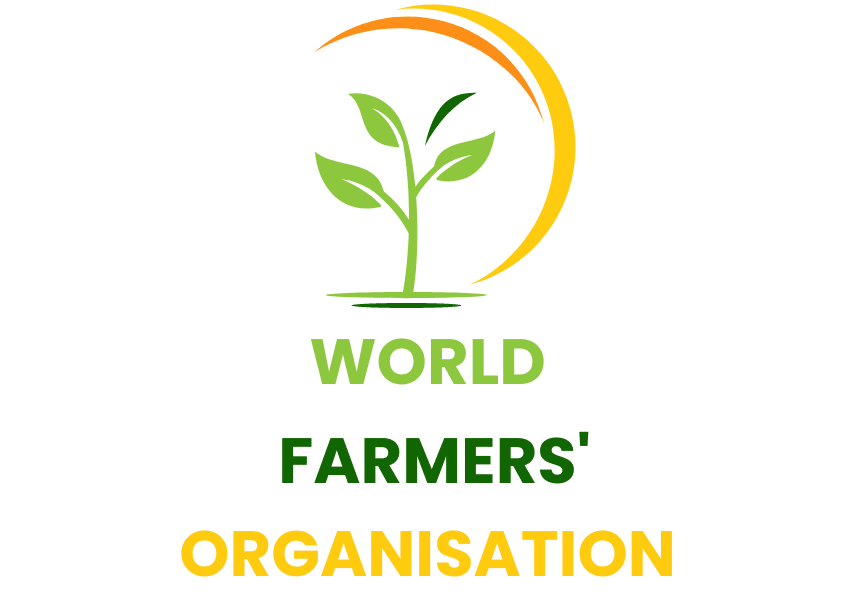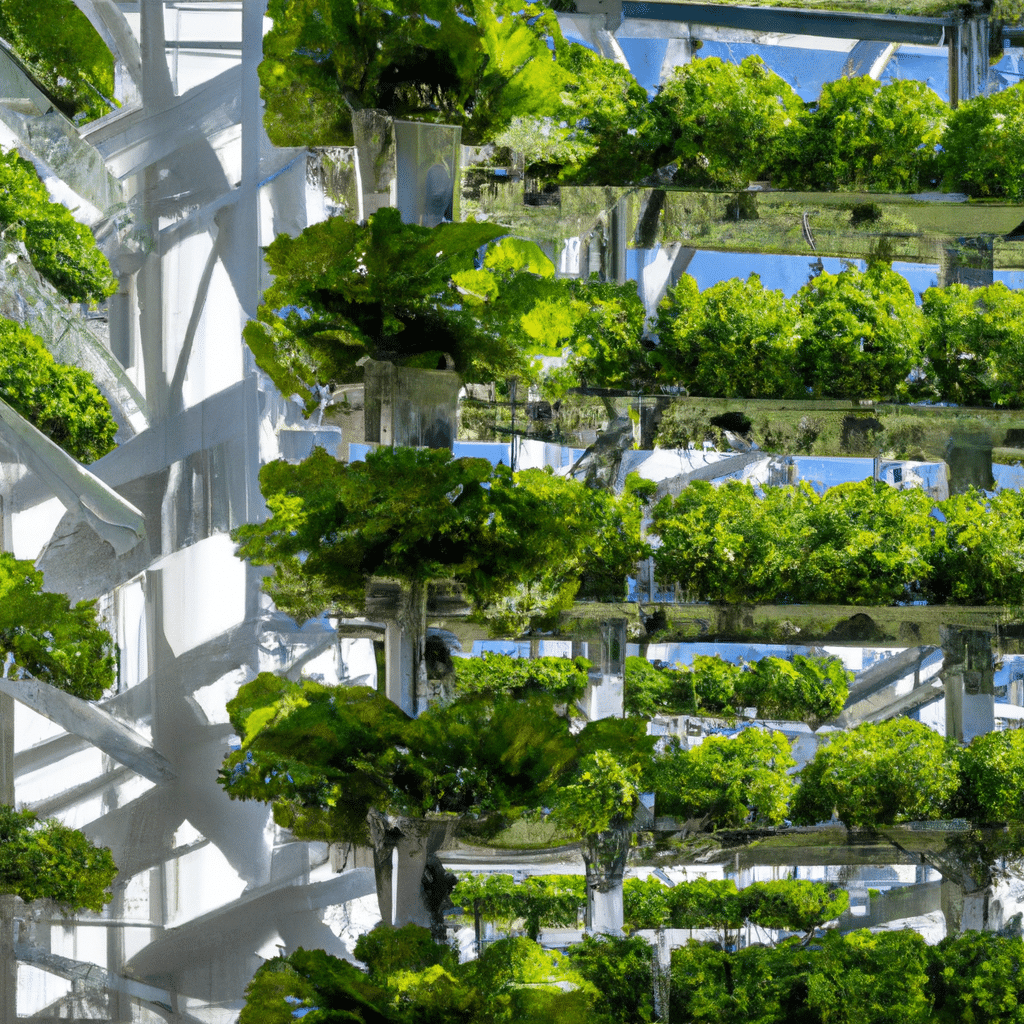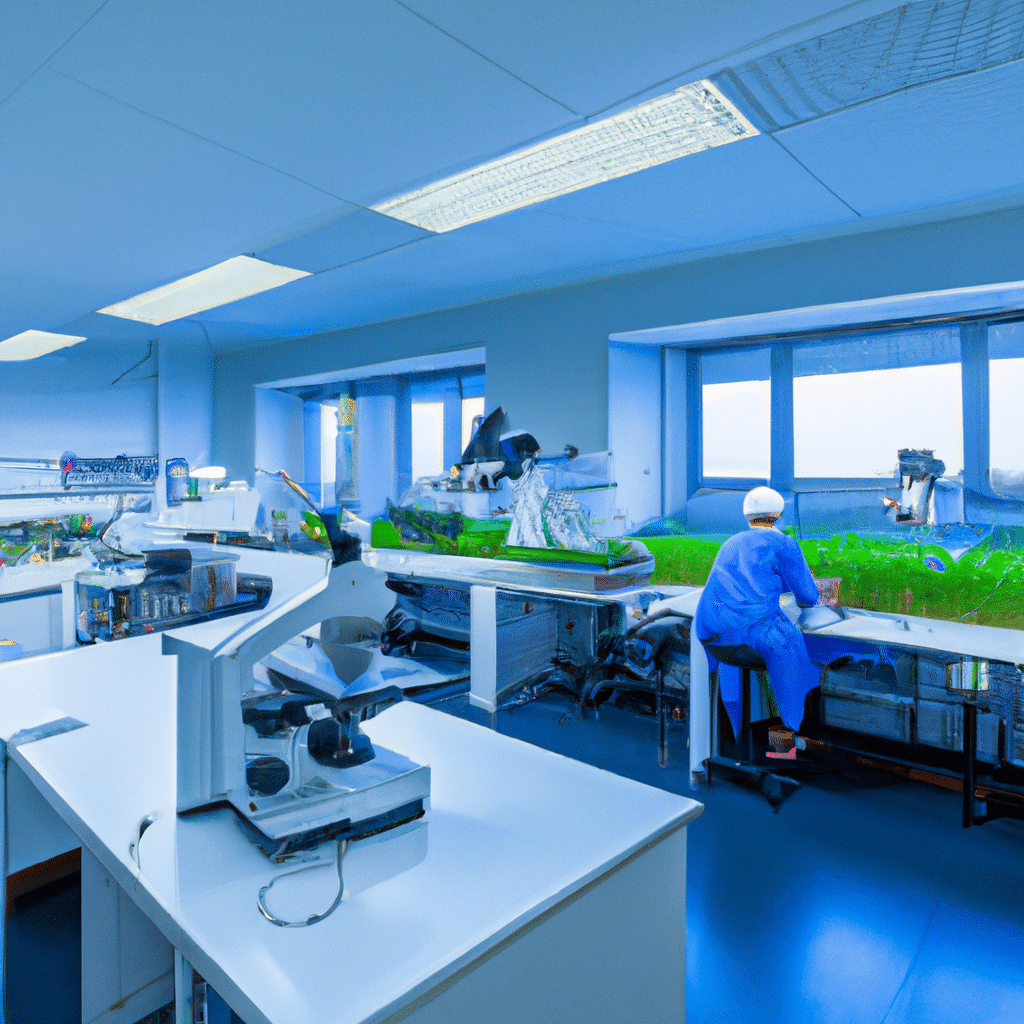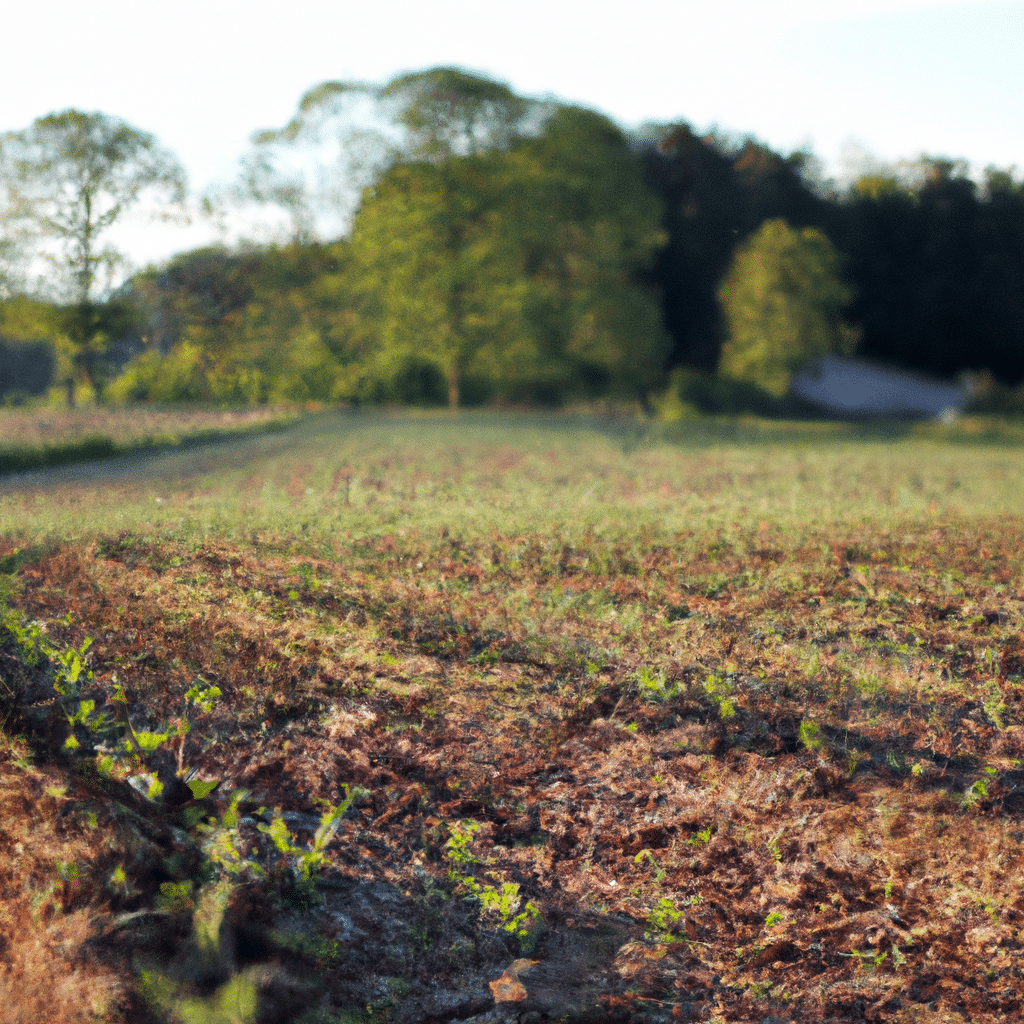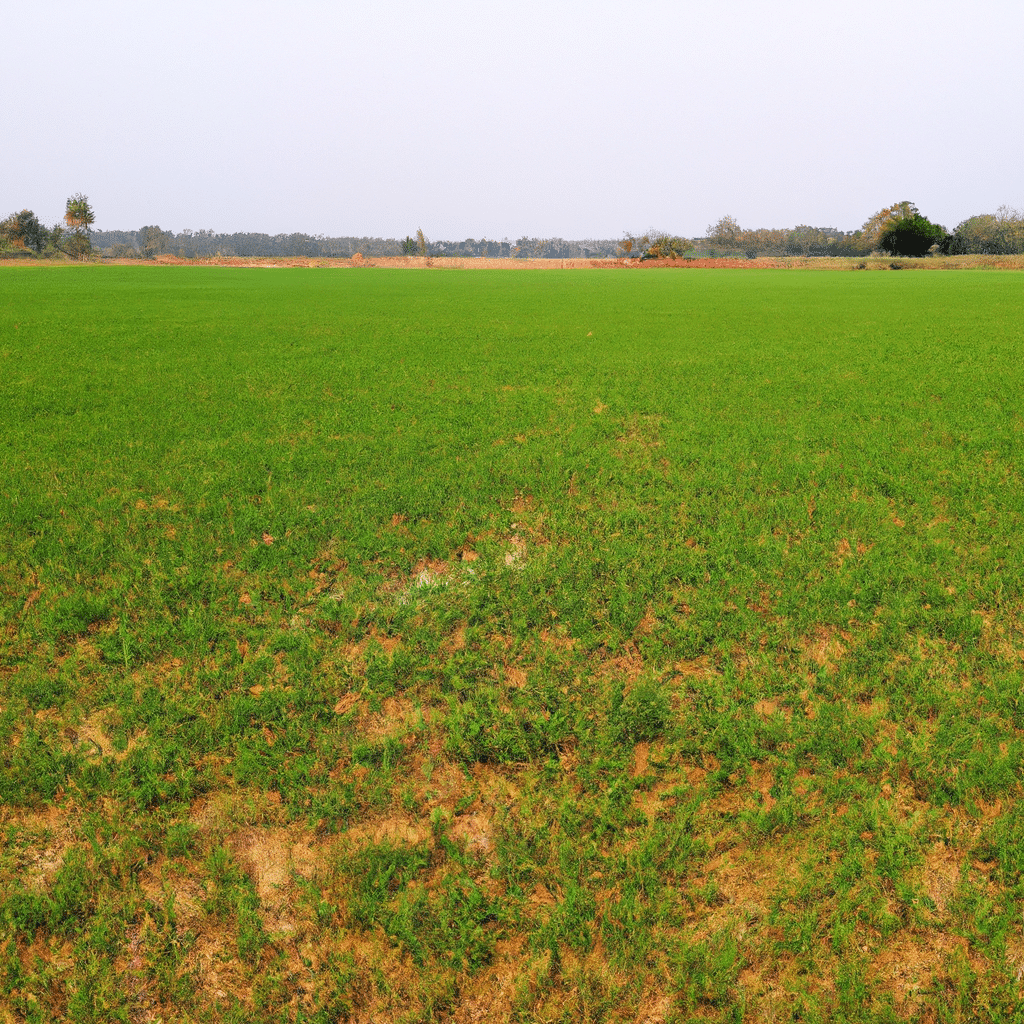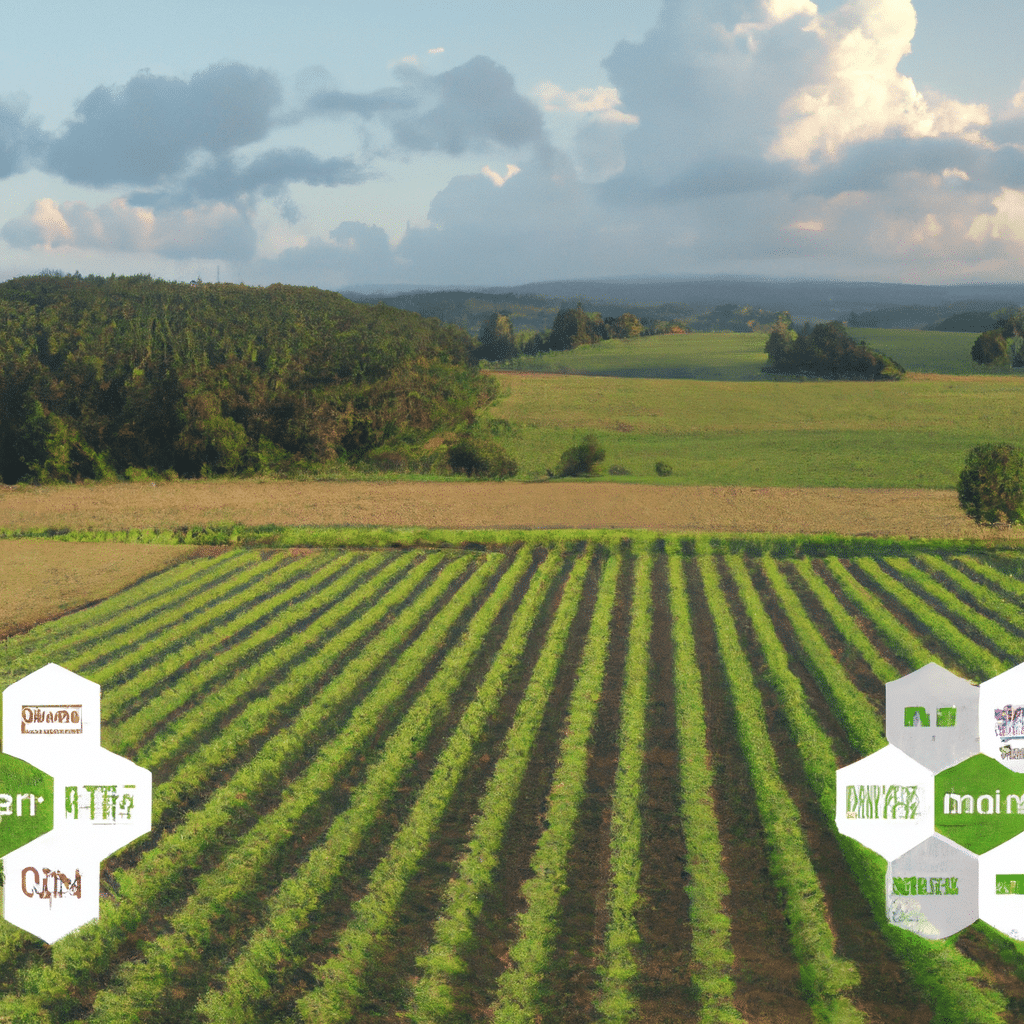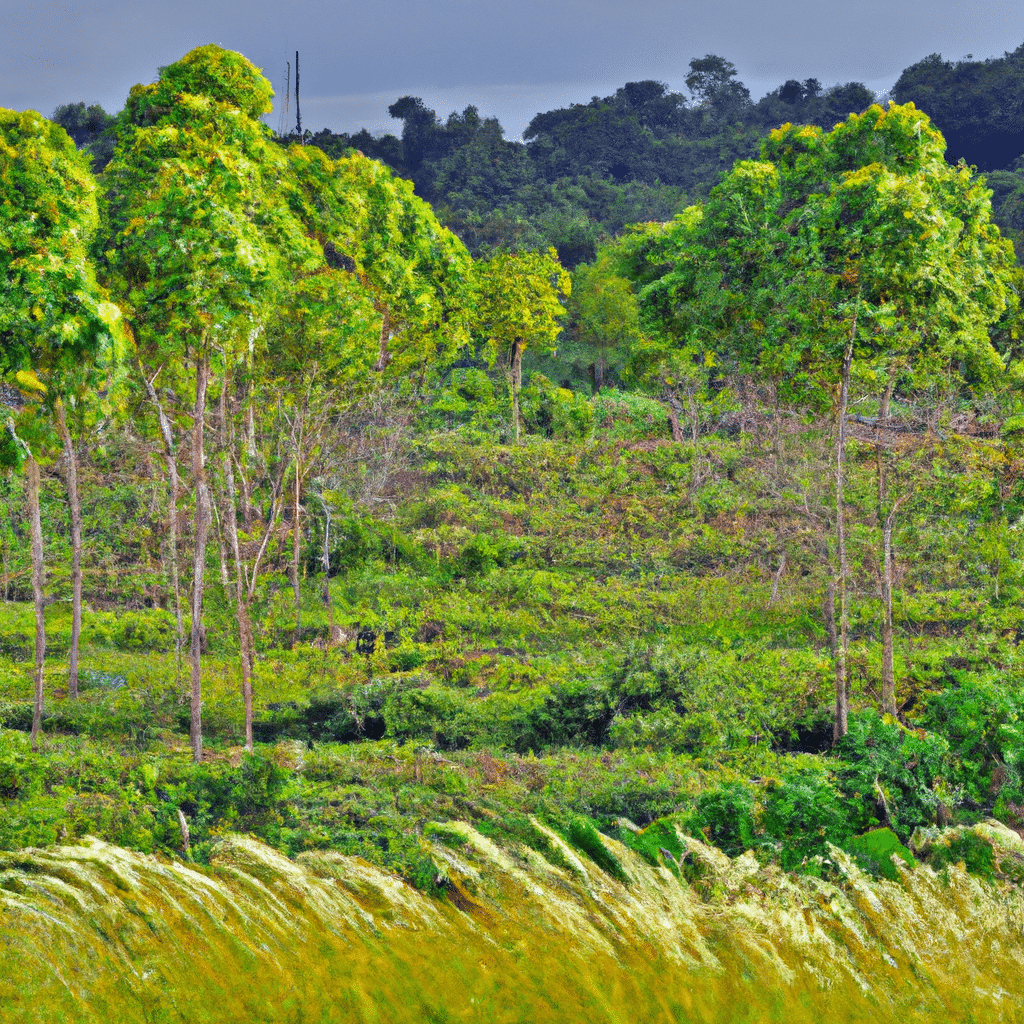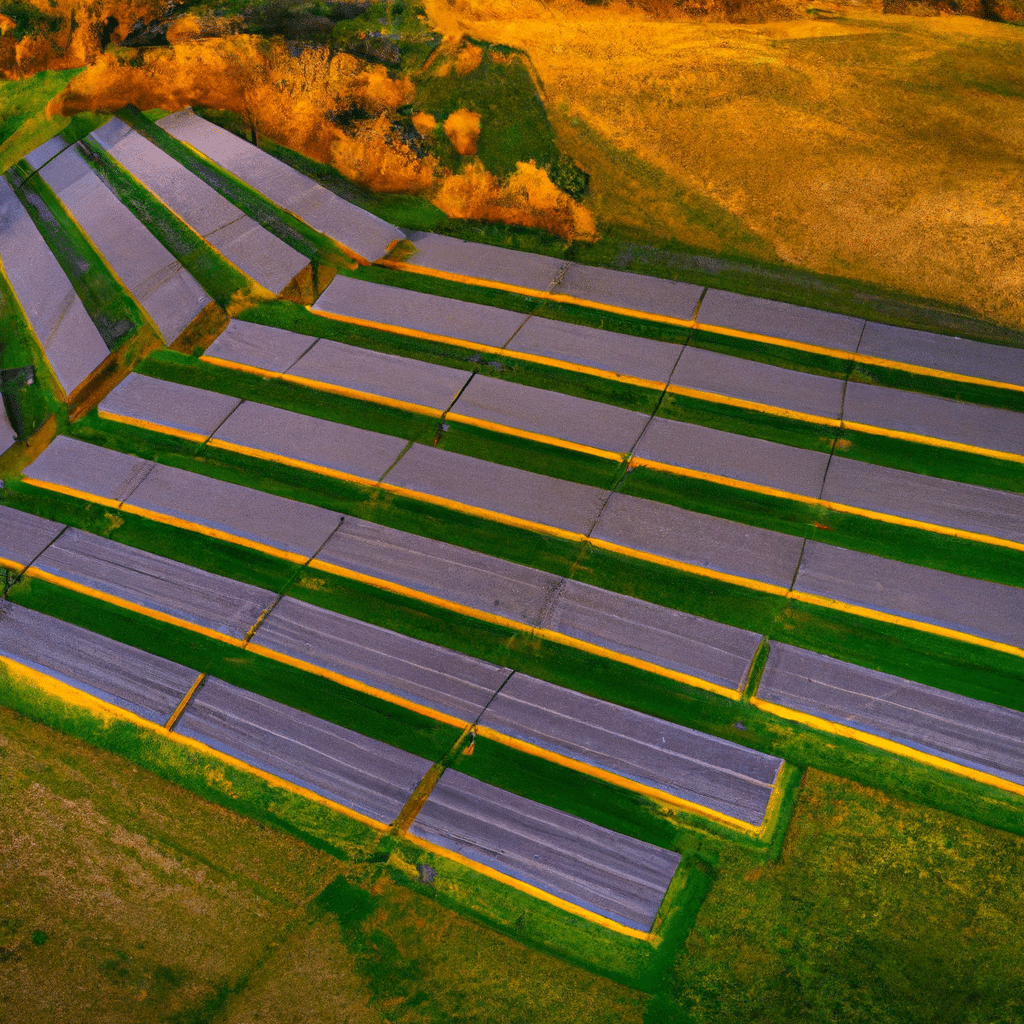Climate change is one of the most pressing issues of our time, with far-reaching consequences for various aspects of our lives. One area that is particularly vulnerable to the effects of climate change is global agriculture. As temperatures rise, extreme weather events become more frequent, and rainfall patterns change, the stability and productivity of agricultural systems are being severely challenged. In this article, we will explore the silent threat posed by climate change to global agriculture and discuss the urgent need to address its impact.
Understanding the Impact
Rising Temperatures and Heat Stress
One of the most significant consequences of climate change is the rise in global temperatures. As temperature levels continue to increase, crops and livestock face heightened heat stress. This can lead to reduced productivity, changes in growth patterns, and increased susceptibility to diseases and pests. Heatwaves can also cause crop failures, resulting in food shortages and economic losses for farmers.
Changing Rainfall Patterns and Droughts
Climate change is also altering rainfall patterns, leading to more frequent and intense droughts in some regions. Droughts can have devastating effects on agriculture, as they limit water availability for irrigation and crop growth. In drought-prone areas, farmers are forced to adapt by implementing water-saving techniques and cultivating more drought-resistant crop varieties. However, these measures can only mitigate the impacts to a certain extent.
Increased Frequency of Extreme Weather Events
Extreme weather events, such as hurricanes, floods, and storms, are becoming more frequent and intense due to climate change. These events can cause significant damage to agricultural infrastructure, destroy crops, and displace farmers. The recovery process is often lengthy and costly, further exacerbating the vulnerability of agricultural systems. Additionally, the unpredictable nature of these events makes it challenging for farmers to plan and adapt their practices accordingly.
Implications for Food Security
The impact of climate change on agriculture has far-reaching implications for global food security. With a growing population and increasing demand for food, ensuring a stable and sufficient food supply becomes even more critical. As climate change disrupts agricultural systems, food production becomes less reliable, leading to potential food shortages, price volatility, and increased vulnerability for communities, particularly in developing countries.
Mitigation and Adaptation Strategies
Sustainable Agriculture Practices
Implementing sustainable agriculture practices is crucial for mitigating the impact of climate change on global agriculture. Practices such as agroforestry, conservation agriculture, and organic farming can enhance soil fertility, conserve water, and reduce greenhouse gas emissions. These practices promote resilience in agricultural systems and contribute to long-term sustainability.
Crop Diversification and Breeding
Crop diversification involves growing a variety of crops instead of relying on a single crop, which helps to spread risks associated with climate change impacts. Additionally, breeding programs can focus on developing crop varieties that are more resilient to heat, drought, and pests. This approach can enhance the adaptive capacity of crops and increase overall agricultural productivity.
Improved Water Management
Efficient water management is essential in addressing the challenges posed by changing rainfall patterns and increasing droughts. Investing in irrigation infrastructure, implementing water-saving technologies, and promoting water conservation practices can help farmers adapt to water scarcity and ensure sustainable water use in agriculture.
Enhancing Resilience through Climate-Smart Agriculture
Climate-smart agriculture combines mitigation and adaptation strategies to build resilience in agricultural systems. It involves adopting practices that reduce greenhouse gas emissions, enhance productivity, and improve adaptive capacity. Examples include precision farming, improved weather forecasting, and the use of climate-resilient crop varieties.
Conclusion
Climate change poses a silent threat to global agriculture, with potentially devastating consequences for food security and livelihoods. Addressing this threat requires urgent action and a comprehensive approach that combines mitigation and adaptation strategies. By implementing sustainable agriculture practices, diversifying crops, improving water management, and embracing climate-smart agriculture, we can enhance the resilience of agricultural systems and secure a more sustainable future for global agriculture. It is crucial that governments, farmers, and communities work together to tackle the challenges posed by climate change and ensure a stable and reliable food supply for generations to come.
